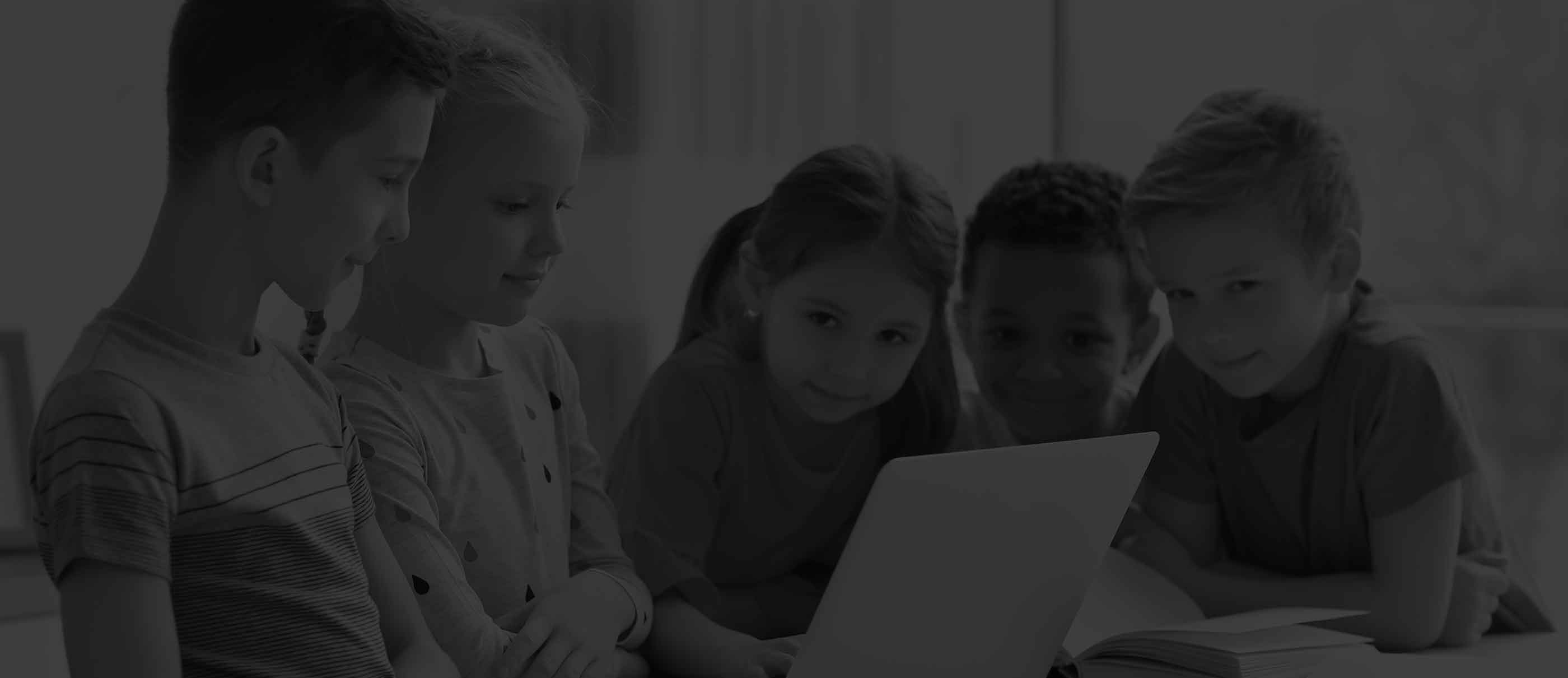As research continues to show that literacy levels children starting primary school are dropping, the government are turning to smartphone apps as a solution. But as criticism mounts and fears around over-consumption of tech grow, is this one challenge technology simply can’t overcome?
For many, the news that literacy levels are continuing to drop – despite our abundant access to technology and 21st Century developments – is both unsettling and unexpected. Unfortunately, the research proves it: more than a quarter of children starting primary school are unable to communicate in full sentences. Meanwhile, a survey of teachers by Oxford University Press shows that the problem is deepening year-on-year.
In response to what is a shocking statistic (and one which directly affects a child’s development, while contributing to the growing skills gap), Education Secretary Damian Hinds has revealed a new tactic to halve the illiteracy levels of British children within ten years: providing free smartphone apps.
But with concern arising around young children’s screen time and the myriad of environmental conditions which stimulate literacy development, this could be one problem technology can’t solve – at least not by itself.
The EdTech Push
Hinds’ plan to offer free smartphone apps is not an unfamiliar approach to education, especially following his later announcement of an EdTech (Educational Technology) push in areas such as teacher training and assessment.
We’ve also seen ourselves how much technology has seeped into the classroom over the years, offering teachers much needed assistance, while also giving children more engaging lessons and access to new tech-centric skills.
I too have previously written about how technology is changing the classroom, with the likes of Minecraft and engaging gadgets opening up new avenues for children to learn – there are plenty of opportunities on offer, and many commentators on the subject.
As our world continues to revolve increasingly around technology, it would therefore make sense to allow tech-savvy children access to it in the context of learning – especially if it can make education fun and provide additional technological skills.
But in reality, there’s a big difference between introducing video games as tools for learning about geography and architecture – the EdTech push – and providing small children with technology which may hamper the very skills they’re trying to develop.
An Old-Fashioned Approach
That ‘big difference’ is really a collection of smaller, albeit key, differences.
First – and perhaps most importantly – is the age group being targeted. Research in the United States have shown that toddlers spend a whopping average of seven hours a day on smart devices. The effect of this binge usage – as detailed by Aric Sigman of the British Psychological Society – is the impeding of development; attention, communication and the sensing of other people’s attitudes are all affected by too much screen time.
This should, automatically, throw up a red flag. As parents, grandparents, uncles and aunts, we can all be guilty of giving children high tech gizmos or settling them down in front of a smart device for five minutes of respite, but we’re learning of the long-term impact of doing so. Just as we understand the consequences, though, the government hone in on a plan which could very well cause further problems, by increasing screen time.
The other key difference between Hinds’ smartphone app competition for small children and the technology revolutionising the classroom is the very skill at the centre of the debate: literacy.
Whereas the likes of Minecraft and VR are components in a teacher’s toolbox, used to add an extra layer to the learning experience, literacy is a pre-school skill which traditionally involves children communicating with parents and reading alongside them.
This relationship between child and parent – one which benefits from the parent leading by example in their own reading habits– is one which needs to be nurtured at home, before they attend school, and as such it’s difficult to replace those interactions with a smartphone app without damaging interpersonal development too.
Finding Middle Ground
So, we know that technology can have great benefits in the learning environment, and we also understand that offering smartphone apps could in fact be detrimental to the development of under-fives. How, then, do we solve the growing literacy crisis?
First and foremost, parents must be encouraged to take an interest in their child’s reading. This isn’t to say that parents aren’t interested, of course, as many must juggle jobs, responsibilities and their own lives at the same time as helping their child to develop.
Instead, help to get parents involved is crucial. Charities such as the Children’s Literacy Charity focus on helping young children to read using one-to-one sessions, involving the parents as much as possible. This demonstrates a parent’s interest whilst helping the child, and without adding more pressure.
Meanwhile, figures show that 1 in 8 disadvantaged children don’t own a single book. This upsetting revelation should be used as a catalyst for providing more books to families and increasing access to library facilities – all areas of investment which have worked for decades before smartphones.
Of course, there’s still room for Hinds’ smartphone app strategy as a support tool – perhaps as a way to learn and practise vocabulary, or track reading targets – but unfortunately, this is one victory technology (in its current form, at least) will have to miss out on, in favour of a more well-rounded solution.
When it comes to using bespoke software solutions to overcome business challenges, we’re firm believers. Kaleida is a bespoke software development house in Manchester, working with clients from a range of industries on tech solutions tailored to them. To find out more, feel free to get in touch with our team, or explore our website.







